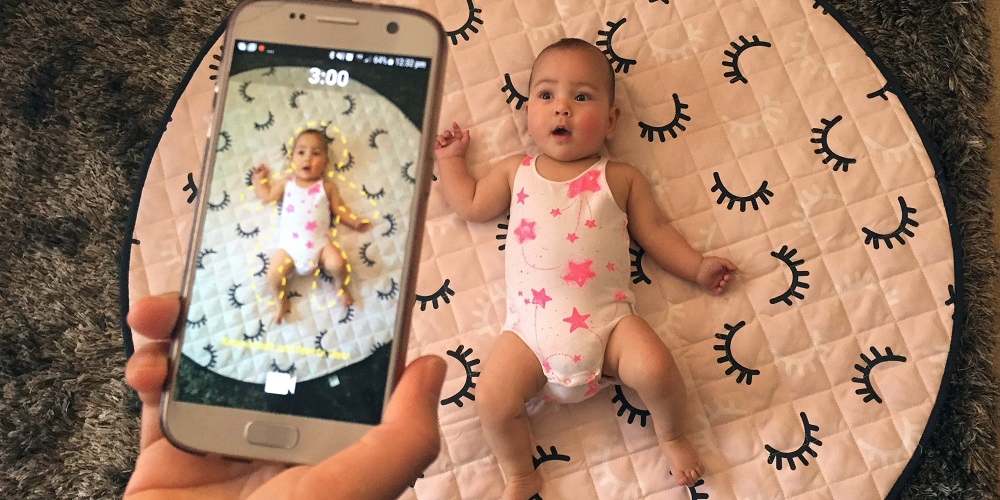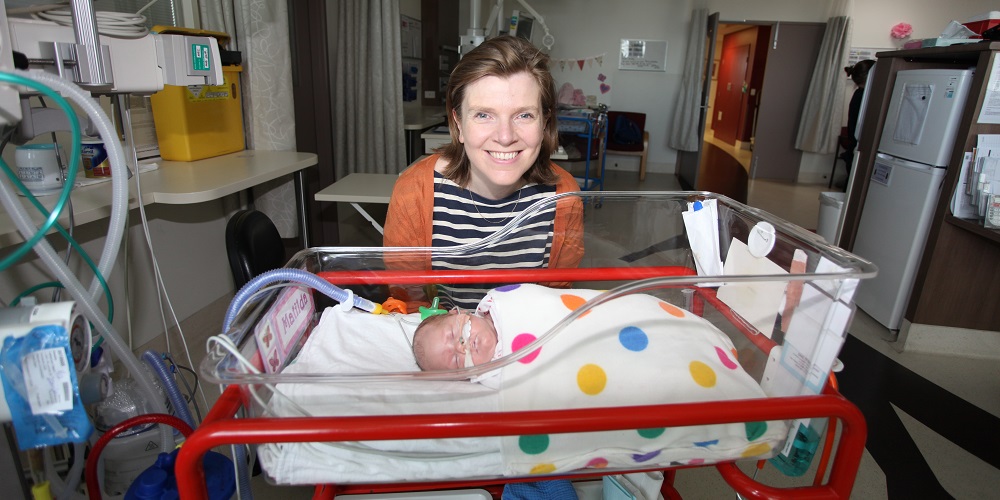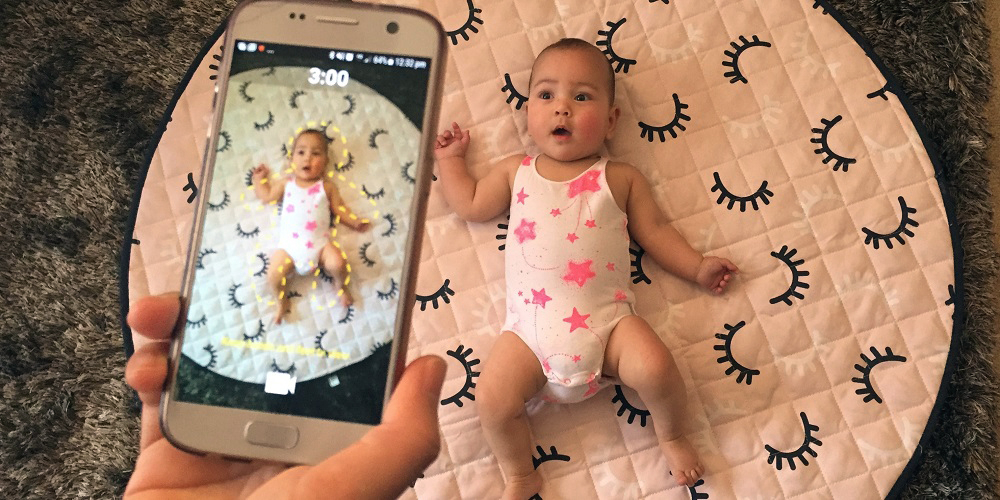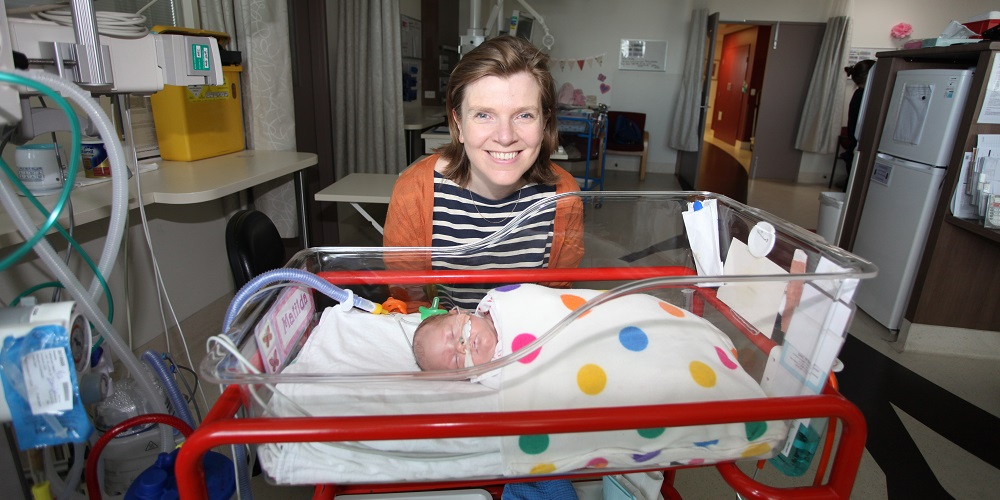
The Royal Women’s Hospital and University of Melbourne is embarking on a $1.2 million research project aimed at cutting the time it takes to diagnose cerebral palsy in children and ensuring vital treatment is delivered early to prevent secondary complications.
Around 600 Australian children are born with cerebral palsy each year, however the average age of diagnosis is 19 months, resulting in delays in a child receiving treatment that can prevent further disability caused by the illness.
The study, being led by Associate Professor Alicia Spittle from the Royal Women’s Hospital, University of Melbourne and Murdoch Children’s Research Institute, will focus on training clinicians in early detection, utilising a smart-phone app to support in early diagnosis, fast tracking at risk patients to clinical services and providing mental health support for parents.
It comes after A/Prof Spittle and her team developed a ground-breaking app to allow parents to film their baby’s movement at home and the child to be assessed by specialists remotely.
That study targeted preterm babies who are at very high risk of cerebral palsy. It helped achieve a diagnosis and allow for treatment to start before the child reached six months.
A/Prof Spittle said early diagnosis was crucial.
“Children with cerebral palsy respond best to treatment before two years of age,” she said. “By diagnosing more children before six months of age, we can maximise their treatment benefits and reduce the risk of serious disability during their crucial treatment window.”

The study will also include mental health supports for parents, with A/Prof Spittle’s research showing parents of very preterm babies are five times more likely to experience long-term depression compared to parents of healthy babies.
One third of children with cerebral palsy never walk and half have an intellectual disability, limiting independence and employment.
Most cases of cerebral palsy results from an injury to the developing brain prior to or around the time of birth. Preterm babies are up to 20 times more likely to develop cerebral palsy compared to babies born at full term.
Background
The research is being funded by a National Health and Medical Research Council grant and will be undertaken in partnership with the Cerebral Palsy Alliance, the Royal Children’s Hospital, Monash Health, the Children’s Hospital at Westmead, the Royal Brisbane and Women's Hospital and Children, and Health Queensland.
Listen to ABC AM about the new Baby Moves app which is helping clinicians diagnose high risk preterm babies with the cerebral palsy much earlier.
Watch ABC 7.30 Report to find out more about how early help prevents high rates of long-term depression in parents of very preterm babies.
Read related content from the Women's
-
 Trial of innovative app to screen for cerebral palsy
Trial of innovative app to screen for cerebral palsyAn app developed at the Royal Women’s Hospital, Murdoch Childrens Research Institute and the University of Melbourne could revolutionise the way cerebral palsy is diagnosed and the timing of treatment.
Learn more -
 Early help cuts high rates of depression in mothers of preterm babies
Early help cuts high rates of depression in mothers of preterm babiesEarly help for mothers of premature babies dramatically cuts their very high risk of long-term depression, a world-first study published in the journal Paediatrics has revealed.
Learn more